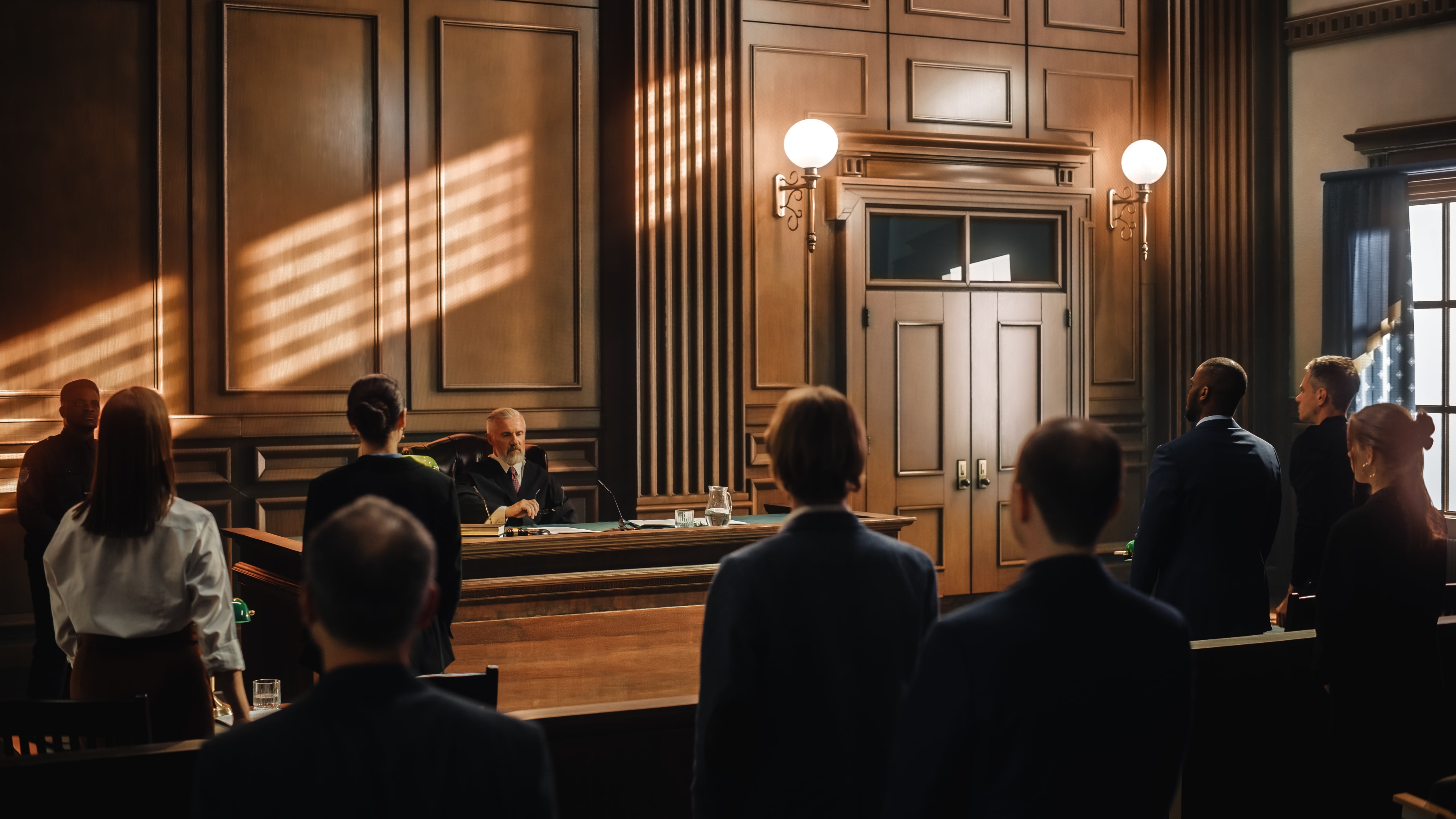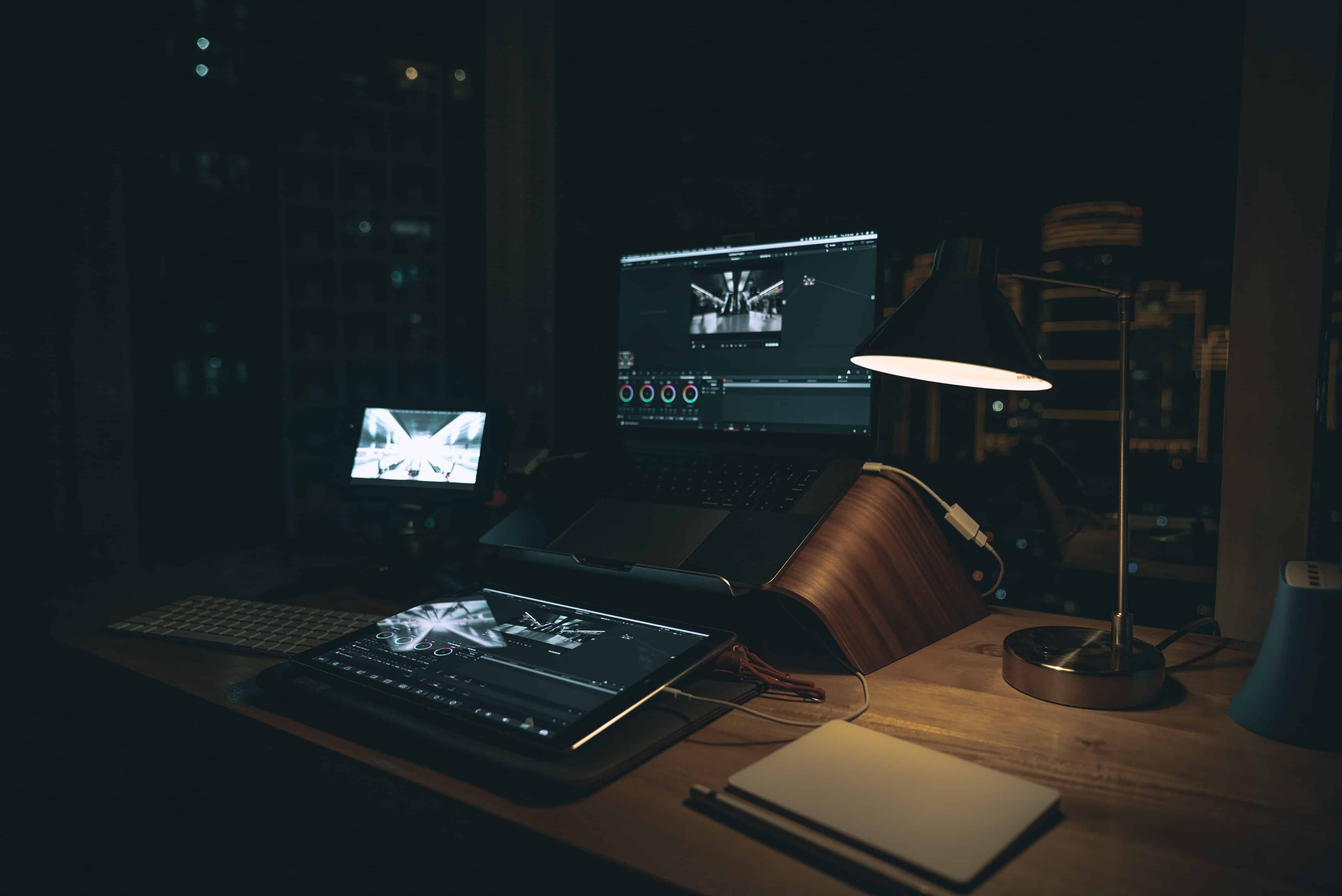In the US legal system, court reporters preserve the official record. Although they might not be the first professionals to come to mind when thinking about the court system, they play an indispensable role. Their expertise extends beyond transcription, encompassing an in-depth knowledge of language, industry terminology, rules and procedures and cutting-edge court reporting technology.
Even as the tools they use change and evolve, court reporters remain a necessary part of the legal and justice system. Here is an overview of their role and the ways technology, like Verbit’s, supports them.
A Brief Overview Court Reporters and their Responsibilities
Court reporters capture every word that the parties, witnesses and officials utter during a legal proceeding. The written transcript they produce becomes the official record. Inside the courtroom, they may create transcripts of hearings or trials, but they also produce records of depositions and other proceedings that take place outside of a courtroom.
The resulting transcripts are critical for several reasons.
Assisting Trial Preparation
By meticulously documenting everything witnesses and parties state in depositions, court reporters support the trial process. Attorneys rely heavily on deposition transcripts when they are constructing their cases before heading to trial.
Preserving Legal Integrity
Serving as impartial third parties, court reporters provide a reliable and unbiased account of legal proceedings. Their verbatim transcripts serve as official and trustworthy legal records that both parties use.

Supporting the Appeals Process
If one or both parties file an appeal after a trial, they will need complete and accurate transcripts of the past proceedings. Without complete transcripts, the parties may not be able to pursue all available legal remedies.
Real-time Voice-to-Text Transcription
Court reporters capture the record in real time. This means they can provide readbacks during a proceeding if one of the attorneys requests it. Lawyers may need this to pursue a line of questioning or clarify something someone stated in a deposition.
Protecting Fair Trial Outcomes
By relying on sophisticated technology, court reporters significantly influence trial outcomes. Accurate transcripts are essential for a fair case. If there are errors in the record, it can impact a party’s case or damage their credibility.
While the primary goal is to complete accurate official records, they also perform tasks like swearing in witnesses and marking exhibits. Today, court reporters may perform their job in a courtroom or any location where attorneys take a deposition, or they might connect remotely. Remote depositions and other proceedings increased in recent years, making remote court reporting jobs more common.
If the court reporter doesn’t appear, the proceedings can’t take place. As a result, the recent shortage of professionals in the field is a serious problem for the legal system.
Different Methods of Court Reporting
There are various tools that court reporters use to complete accurate records. The three primary methodologies are stenography, voice writing and digital reporting. Each one works a little differently to achieve the same finished product.
- Stenography: Using stenotype machines, court reporters capture spoken language in phonetic code and translate it to written text.
- Voice Writing: Stenomasks are tools that have microphones inside of them that block background sound and anything other than the speaker’s voice. Using this, a court reporter will repeat everything the parties say for a clean recording. The reporter may use automatic speech recognition (ASR) technology in combination with the steno mask to create a transcript.
- Digital Reporting: The reporter records the proceeding and uses technology like Verbit’s legal ASR to convert it to text.
Today, you might see any one of these three methods in a courtroom or at a deposition.

Court Reporter Skills and Training
Court reporters undergo comprehensive training. Whether they’re using stenography, voice writing or digital methods, they all need to learn important procedures and how to capture spoken words accurately.
To achieve this, there are different requirements depending on the state. Aspiring court reporters may need to:
- Complete a dedicated court reporting associate’s degree or certificate program
- Obtain certification from a professional organization specific to their preferred methodology
- Acquire a state license through exams and skills testing
- Become a Notary Public in their state
When it comes to stenographers, the training is extremely costly and intensive. The program can take between two and four years to finish and has a graduation rate of about one in ten. Learning to use the specialized equipment is challenging, especially because students must be able to transcribe at a high rate of speed with exceptional accuracy. Those who do become experts in stenography are in high demand.
Digital court reporting techniques require less time to learn as they use ASR. This method of court reporting is growing in popularity.
Working with Professional Legal Transcription Providers
Court reporters ensure the integrity and transparency of legal proceedings. Their meticulous work, backed by technological know-how, upholds the principles of fairness and accuracy at the core of the legal system. As the industry continues to evolve, the role of court reporters remains indispensable, contributing to the essential functioning of legal processes and the preservation of justice.
Verbit’s specialized legal ASR helps court reporters accurately transcribe legal proceedings and perform their critical role within the legal system. Reach out to learn more about how our cutting-edge legal transcription solutions can support you or your organization.




